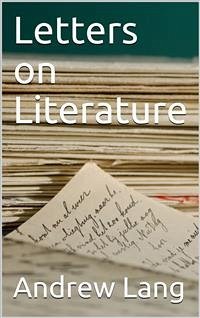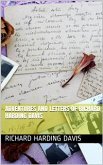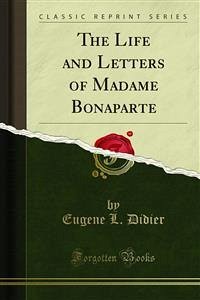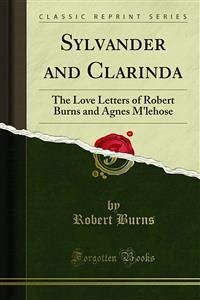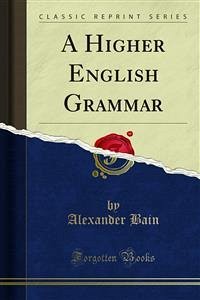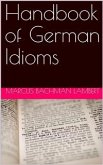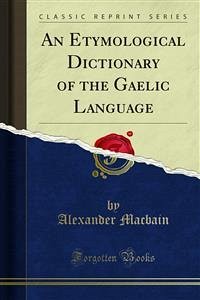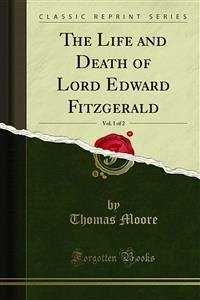Enjoying the success of his Letters to Dead Authors column, Andrew Lang wanted to be able to talk about more contemporary authors. But, since there's a difference between writing to authors who are no longer living, and those who still are, Lang instead crafted a series of hypothetical response letters to imaginary people asking him for his opinion on certain topics.
One of the things that struck me about these letters was just how much smaller the literary community was back then. Lang spoke of 60 current poets in England, and 18 that he knew of in America. It really made me realize how far we've come in some regards - there have been nearly a million books published so far this year.
Many of the letters focus on various poets, although Lang does throw in a few about popular authors of the time, and a couple about what a person "should" be reading. There's also a letter from his wife to one of her friends about the portrayal of women in (then) modern literature.
Contents
Introductory: of modern English poetry -- Of modern English poetry -- Fielding -- Longfellow -- A friend of Keats -- On Virgil -- Aucassin and Nicolette -- Plotinus (200-262 A.D.) -- Lucretius -- To a young American bookhunter -- Rochefoucauld -- Of vers de société -- On vers de société -- Richardson -- Gérard de Nerval -- On books about red men.
Hinweis: Dieser Artikel kann nur an eine deutsche Lieferadresse ausgeliefert werden.
One of the things that struck me about these letters was just how much smaller the literary community was back then. Lang spoke of 60 current poets in England, and 18 that he knew of in America. It really made me realize how far we've come in some regards - there have been nearly a million books published so far this year.
Many of the letters focus on various poets, although Lang does throw in a few about popular authors of the time, and a couple about what a person "should" be reading. There's also a letter from his wife to one of her friends about the portrayal of women in (then) modern literature.
Contents
Introductory: of modern English poetry -- Of modern English poetry -- Fielding -- Longfellow -- A friend of Keats -- On Virgil -- Aucassin and Nicolette -- Plotinus (200-262 A.D.) -- Lucretius -- To a young American bookhunter -- Rochefoucauld -- Of vers de société -- On vers de société -- Richardson -- Gérard de Nerval -- On books about red men.
Hinweis: Dieser Artikel kann nur an eine deutsche Lieferadresse ausgeliefert werden.

